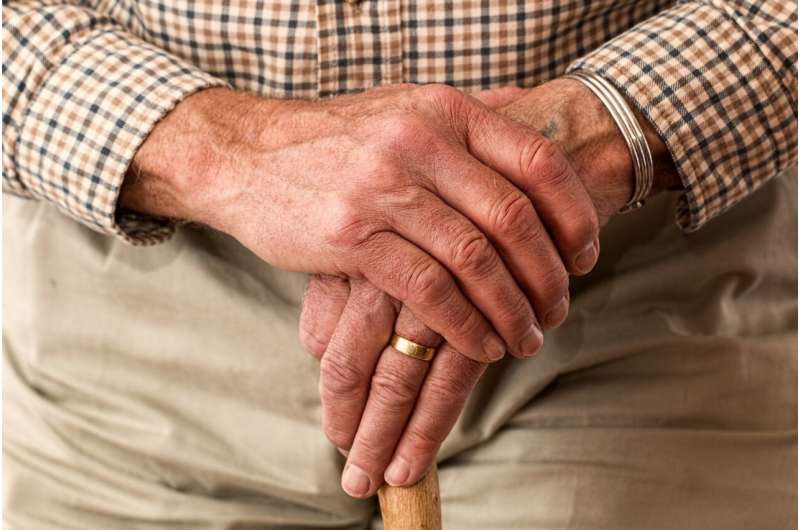
Having multiple chronic health conditions and living in a rural area were the top two factors affecting increased healthcare system contact among older patients with bladder cancer, a research team has found.
The Geisinger-led team evaluated 73,395 Medicare beneficiaries age 66 and older who had been diagnosed with non-muscle-invasive bladder cancer to assess their treatment burden, defined as the number of days the patients had contact with a health system in the year following diagnosis.
Nearly two-thirds of the patients had multiple co-existing chronic conditions at the time of bladder cancer diagnosis, as well as other aging-related conditions, including a history of falls, cognitive impairment, depression, weight loss or urinary incontinence. The mean treatment burden for the group was 8.9 days.
The research team found that the presence of multiple co-existing conditions had the largest effect on treatment burden, with each additional condition increasing the average number of health system contact days by 13%. Regardless of the number of chronic conditions reported, rural patients consistently had higher treatment burden than their urban counterparts.
The results were published in the Journal of Geriatric Oncology.
“These findings highlight the need for interventions that reduce treatment burden among the growing population of older adults with cancer, particularly in rural areas,” said Tullika Garg, M.D., M.P.H., a urologic oncologist at Geisinger and lead author of the study. “Cancer care, and care for other chronic conditions, goes beyond a single-disease approach and needs to account for the whole person.”
Source: Read Full Article